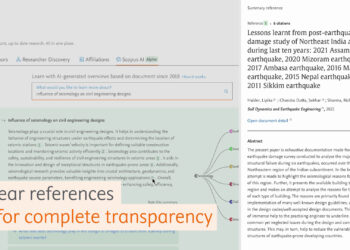There’s always a certain fascination about how the past and the future link. In popular culture, we have time travel stories — anything from Rip Van Winkle to Stephen King’s recent “11/22/63.” In academia, we have the deceptively humble-sounding field of “history,” which at its highest level is about transporting us back and forth in time — bringing modern people back, bringing old stories and events forward.
Attempts to predict the future are always wrong, but sometimes, they’re quite informed, even if crucial details aren’t correct. This tour of 2001 from Walter Cronkite gets some things right, but misses on things like wi-fi, device consolidation, the visual browser, and all the major changes in form factor those technologies allowed. It also has the foibles of its time — “This is where a man might . . . ” Oh, not all changes will be technological, Uncle Walter.
In the 21st century, it may be that no home will be complete without a computerized communications console.
Or, more likely, a dozen of them, of various sizes, some worn on our belts or carried in our pockets or purses.
Happy Friday!
Discussion
1 Thought on "Walter Cronkite Tours the Home of 2001 — Complete with the Information Console"
The whole networking/wireless communications thing is something that most speculative fiction completely missed. The lack of cell phones and having to “jack in” now makes William Gibson’s early fiction seem quaint in some ways. Another favorite is Star Trek TNG, where when the robot character Data wants to take in an enormous amount of data, he picks up an iPad-like device and then reads lots of pages on it really, really fast, rather than just downloading them.


